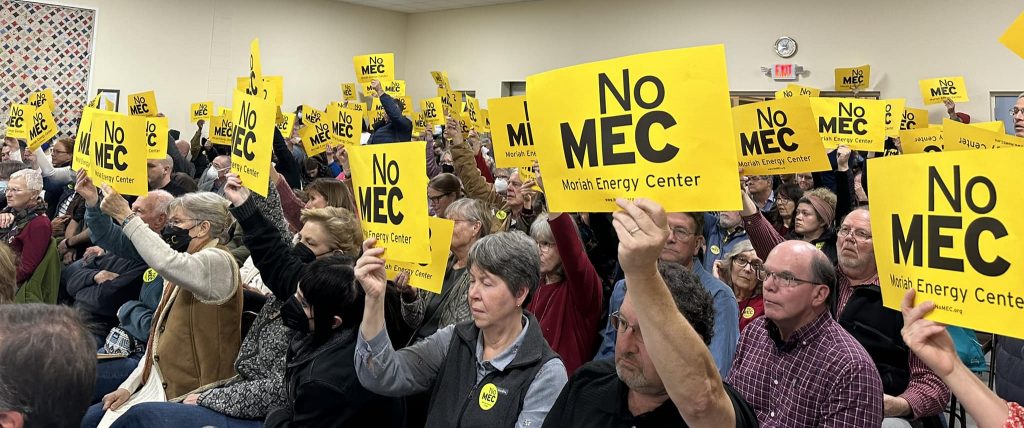By Molly Moore
In March, the U.S. Supreme Court heard arguments regarding the U.S. Environmental Protection Agency’s regulation of air pollutants from power plants. The challengers, an assortment of states and industry groups such as the National Mining Association, contend that the agency did not perform an adequate cost-benefit analysis before issuing the Mercury Air Toxics Standards for power plants in 2011.
The regulations, stemming from Clean Air Act amendments made in the 1990s, reduce emissions of heavy metals and acid gases; expected health benefits include avoiding 4,200 to 11,000 premature deaths per year.
One thing utility groups and the EPA agree on is that implementing the air standards will cost $9.6 billion annually. But challengers say the regulations will only provide about $6 billion in benefits, while the EPA estimates that total at between $37 and $90 billion. The legal argument centers around whether the agency calculated the costs of the air toxics standards at the correct point in the rulemaking process.
Related Articles
Latest News

Leave a comment
Your email address will not be published. Required fields are marked *




